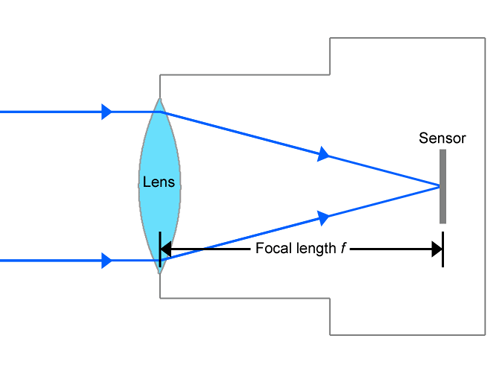Hello Everybody
This is really such a beautiful place. I've been here for just three days and I'm kinda getting into the act, quite nicely. Lots of Knowledge to explore.
Having said that, I need to know some of the basic knowledge about film, digital film making which is considered to be an alternative, etc.,
I'm really interested in shooting with films, but I must eat my humble pie and stick to my limitations.
My question is, what is it that makes films look more pretty or so pleasing than digital. I know that in the modern era digital is the boss, but my icon - Chris Nolan is so much obsessed with films, why is it? If it's Nolan then there has to be a strong reason.
Second question is, I come from a not-so-poor family, but my parents cannot afford me a DSLR right now. I'm 19, and I live India and here student jobs aren't very common and too abusive, unlike my cousin's in NZ. All I have with me is a flat, one-point shooting Canon Digital Camera with a HD recording feature and auto focus etc., It records up to 1080p and works very fine with a 32GB memory space. I have fair amount of knowledge and practice in editing and color correction (recently came across video scopes and they are brilliant) etc., and I want to know more ways with which I can attain convincing shots for my short movies with my Digicam. I came across a thing call letterbox template, and how to use it the best.
I use Sony Vegas Pro 11 and Adobe After Effects CS5. How to give some convincing looks using these softwares?
And just for knowledge sake, what is meant by 16mm, 35mm, and 70mm and what's the difference between them? What is the difference between 16mm and super 16mm? I came across a sentence Blowing up 35mm into 70mm. What does that mean? What is the difference between mm thing and the aspect ratio?
That's a long list of questions, but I know you people are so kind and helpful.
Thank you.
This is really such a beautiful place. I've been here for just three days and I'm kinda getting into the act, quite nicely. Lots of Knowledge to explore.

Having said that, I need to know some of the basic knowledge about film, digital film making which is considered to be an alternative, etc.,
I'm really interested in shooting with films, but I must eat my humble pie and stick to my limitations.
My question is, what is it that makes films look more pretty or so pleasing than digital. I know that in the modern era digital is the boss, but my icon - Chris Nolan is so much obsessed with films, why is it? If it's Nolan then there has to be a strong reason.
Second question is, I come from a not-so-poor family, but my parents cannot afford me a DSLR right now. I'm 19, and I live India and here student jobs aren't very common and too abusive, unlike my cousin's in NZ. All I have with me is a flat, one-point shooting Canon Digital Camera with a HD recording feature and auto focus etc., It records up to 1080p and works very fine with a 32GB memory space. I have fair amount of knowledge and practice in editing and color correction (recently came across video scopes and they are brilliant) etc., and I want to know more ways with which I can attain convincing shots for my short movies with my Digicam. I came across a thing call letterbox template, and how to use it the best.
I use Sony Vegas Pro 11 and Adobe After Effects CS5. How to give some convincing looks using these softwares?
And just for knowledge sake, what is meant by 16mm, 35mm, and 70mm and what's the difference between them? What is the difference between 16mm and super 16mm? I came across a sentence Blowing up 35mm into 70mm. What does that mean? What is the difference between mm thing and the aspect ratio?
That's a long list of questions, but I know you people are so kind and helpful.

Thank you.






